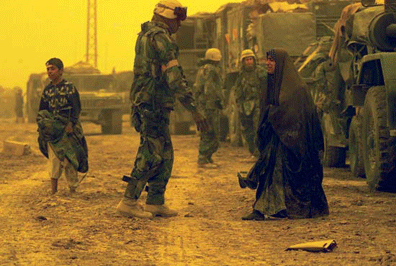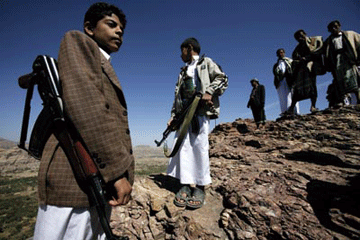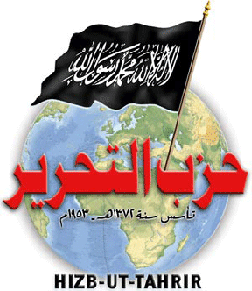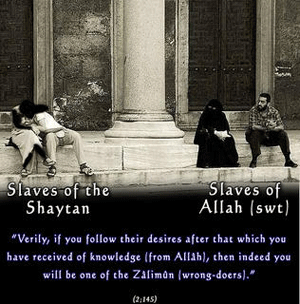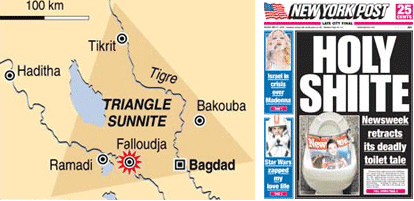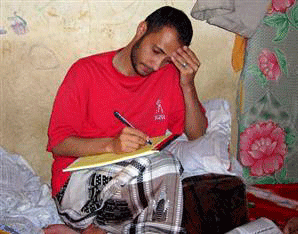
[Excerpt from Christopher Hitchens, god is not Great (New York: Hachette, 2007), pp. 278-280.]
On a certain day in the spring of 2006, President Ahmadinejad of Iran, accompanied by his cabinet, made a procession to the site of a well between the capital city of Tehran and the holy city of Qum. This is said to be the cistern where the Twelfth or “occulted†or “hidden†Imam took refuge in the year 873, at the age of five, never to be seen again until his long-awaited and beseeched reappearance will astonish and redeem the world. On arrival, Ahmadinejad took a scroll of paper and thrust it down the aperture, so as to update the occulted one on Iran’s progress in thermonuclear fission and the enrichment of uranium. One might have thought that the imam could keep abreast of these developments wherever he was, but it had in some way to be the well that acted as his dead-letter box. One might ad that President Ahmadinejad had recently returned from the United Nations, where he had given a speech that was much covered on both radio and television as well as viewed by a large “live†audience. On his return to Iran, however, he told his supporters that he had been suffused with a clear green light — green being the preferred color of Islam — all through his remarks, and that the emanations of this divine light had kept everybody in the General Assembly quite silent and still. Private to him as this phenomenon was — it appears to have been felt by him alone — he took it as a further sign of the immanent return of the Twelfth Imam, not to say a further endorsement of his ambition to see the Islamic Republic of Iran, sunk as it was in beggary and repression and stagnation and corruption, as nonetheless a nuclear power. But like Aquinas, he did not trust the Twelfth or “hidden†Imam to be able to scan a document unless it was put, as it were, right in front of him. Continue reading Ahmadinejad and the Twelfth Imam
